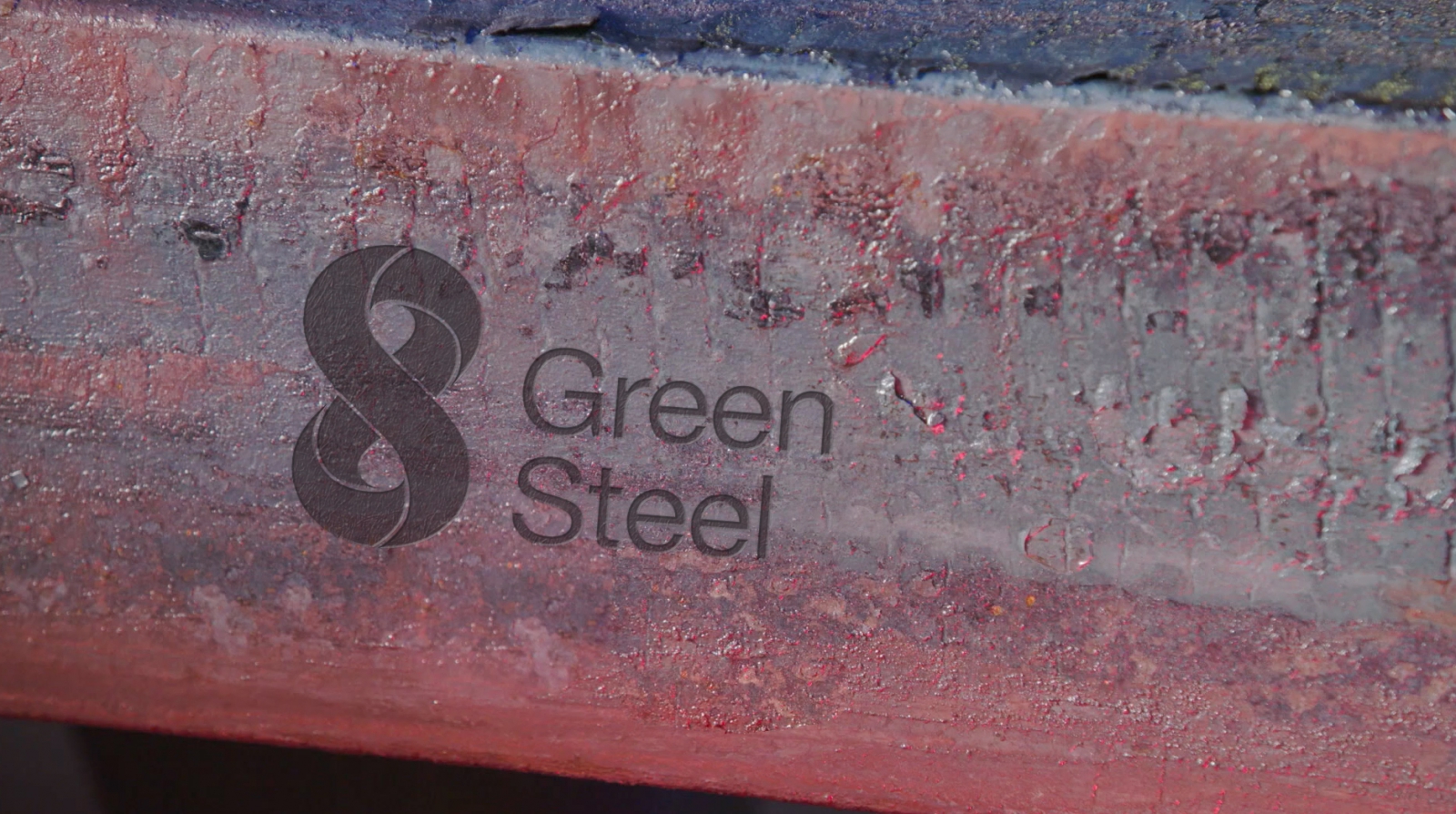Swiss Steel continues research for climate protection
New alloying technologies improve steel

High-alloy steels often consist of more than 30 percent alloying metals. These steels are used in high-performance machinery, among other things. The ecological footprint of these metals is large, but the Swiss Steel Group is reducing it with new technologies and procedures. with new technologies and procedures. Through the targeted use of special scrap, the Swiss Steel Group has succeeded in significantly reducing emissions.
The extraction of alloying metals is very costly and involves much higher emissions than those of pig iron and unalloyed steel. However, the steel-using industry cannot do without alloying additions today. Metals such as chromium, nickel, manganese, magnesium, lead, tungsten, vanadium, titanium, cobalt or molybdenum make steel tougher, lighter, more heat-resistant and easier to process. Alloys are the spice in the steel kitchen. They give steel its specific properties.
Upcycling instead of downcycling
In the Swiss Steel Group, the metallurgical laboratory of Ugitech, a company of the Swiss Steel Group, is a leader in the development of new alloying technologies using high-alloy steel scrap. The scrap is first analyzed and then pre-sorted so precisely that it can be used to influence the properties of the molten steel down to the smallest detail without the need for additional additives. Instead of melting the high-grade scrap together with a lot of unalloyed scrap and then balancing out the properties with new alloying metals, the Swiss Steel Group is now taking a completely different, more intelligent and innovative approach.
Today, the Swiss Steel Group uses up-cycling of the valuable material. Carefully pre-sorted stainless steel scrap is used to obtain the desired properties of the stainless steel. The additional alloying material is reduced to a minimum and the entire
The additional alloying material is thus reduced to a minimum and the entire production process becomes more ecological and safer with significantly reduced emissions. The key feature of the new technology developed by Swiss Steel Group subsidiary Ugitech is that it can be used to produce high-alloy steels from high-grade steel scrap that are of higher quality than the melted-down starting materials.
In this way, the Swiss Steel Group is not just engaging in simple recycling, but in high-quality upcycling - a decisive argument in the circular economy - and is thus underlining its leading position in the production of "green steel". Frank Koch, CEO of the Swiss Steel Group, comments: "We are determined to further expand our position in low-emission green steel. Even though we already produce a significantly lower CO2 footprint as an electric arc furnace route, it is important for us to constantly improve through targeted research and development."
Significantly less CO2
This up - rather than recycling is significantly lower in CO2 than the average values achieved in the rest of the steel industry. In the plants of the Swiss Steel Group, which is fully geared to EAF technology (Electric Arc Furnace Route), they operate exclusively in this way - at the Emmenbrücke site even using only green electricity from hydropower. However, the steel industry needs energy not only for the direct melting of the material, but also for further processing, especially in the rolling mill.
To this end, Frank Koch explained that sustainable steel production based on the electric arc furnace route is part of the Swiss Steel Group's DNA.
'In the future', he said, 'The company wants to lead the change to green steel in Europe, expand its leading position in ecological steel production, and at the same time significantly increase efficiency. The Swiss Steel Group is already one of the most efficient producers of CO2-reduced steel. For sustainability is not just a task driven by the law, but also a social obligation.'
Visit Swiss Steel UK Ltd: https://www.swisssteel-international.co.uk/home
Published: 28th June 2023
Rachel Wormald, Managing Director at YPS Valves Ltd and Elizabeth Waterman, ...
Are you looking for industry-leading, brand independent valve and actuator ...
As can be seen from the photograph, clearly the resident birds at Bartlett ...
Howco Group has unveiled its latest £1million investment, with the ...
In 2024, Allvalves is poised for an exciting year of growth and expansion, ...
GMM Pfaudler Engineered Plastics & Gaskets are delighted to bring the ...
In the ever-evolving valve industry, GMM Pfaudler stands out for its ...
SAMSON Controls Ltd – part of the SAMSON group - a renowned leader in ...










